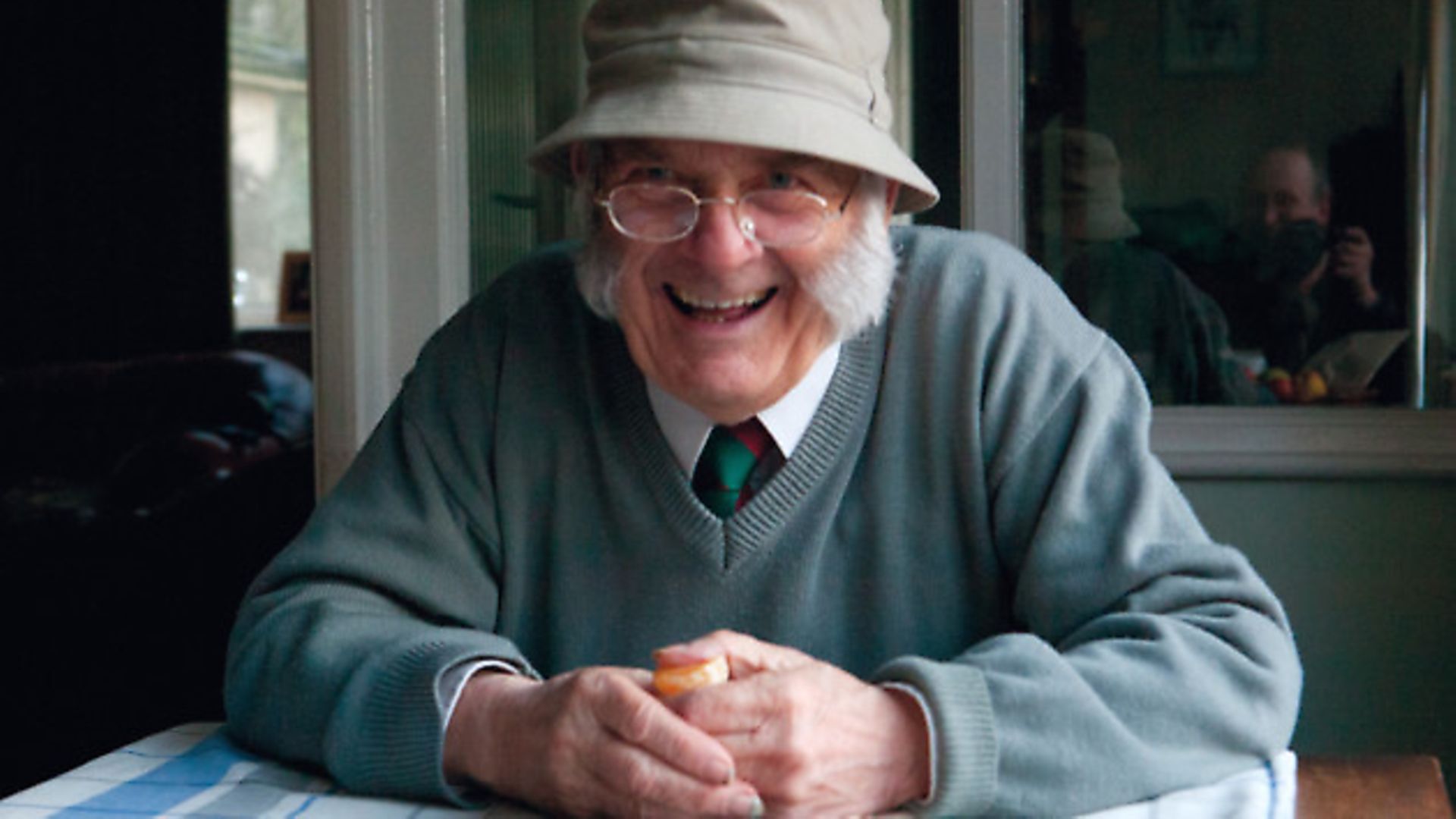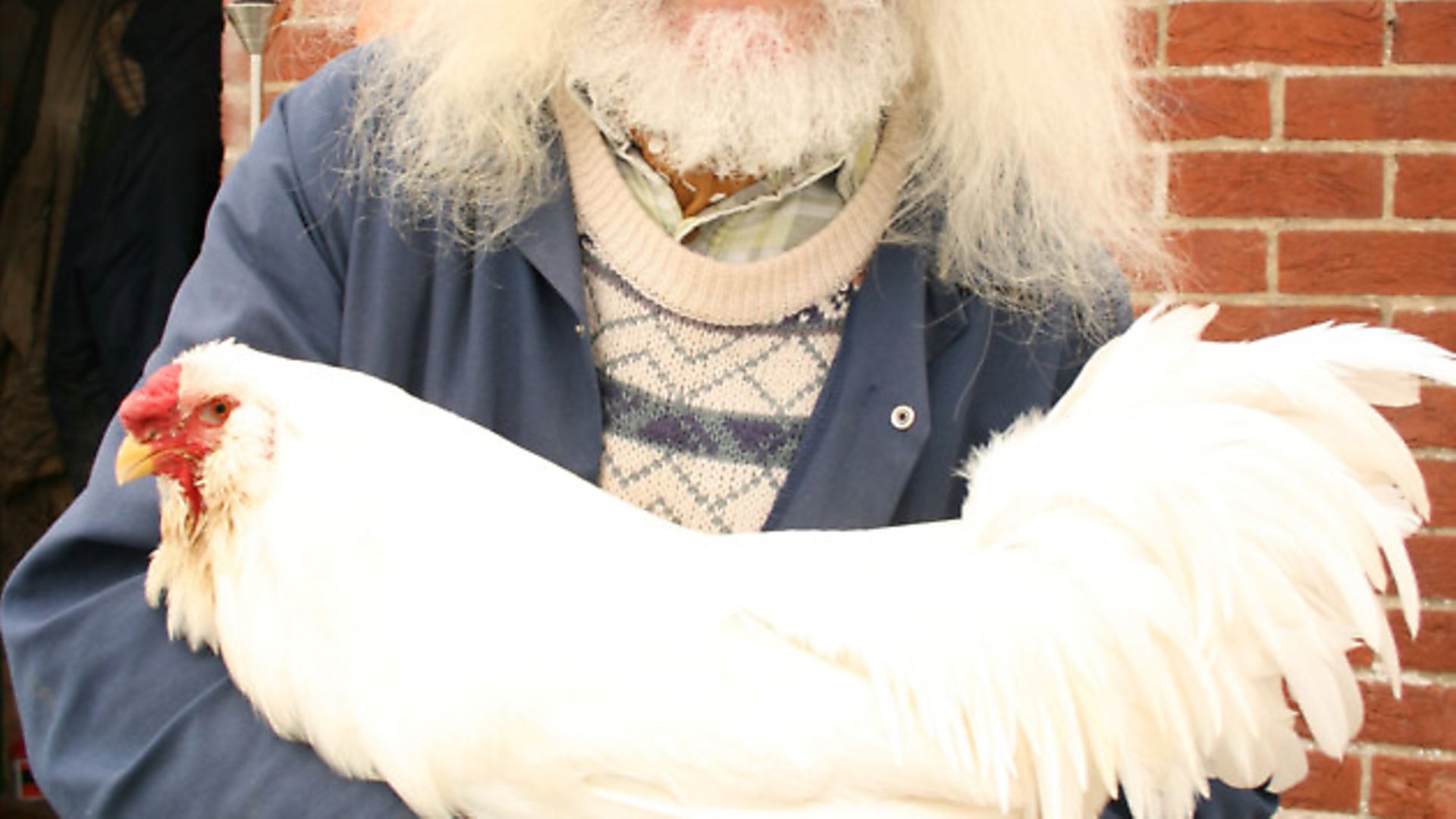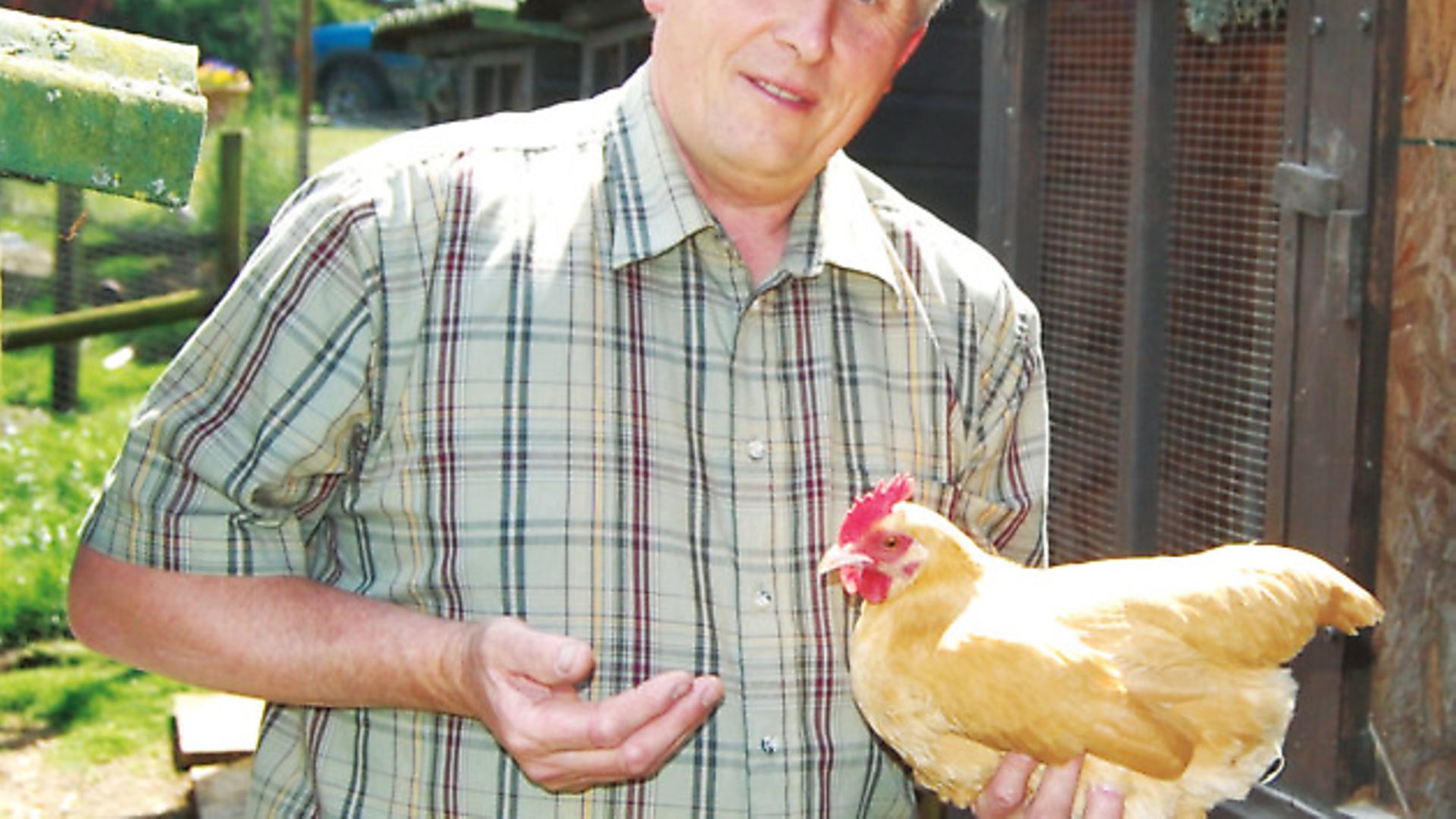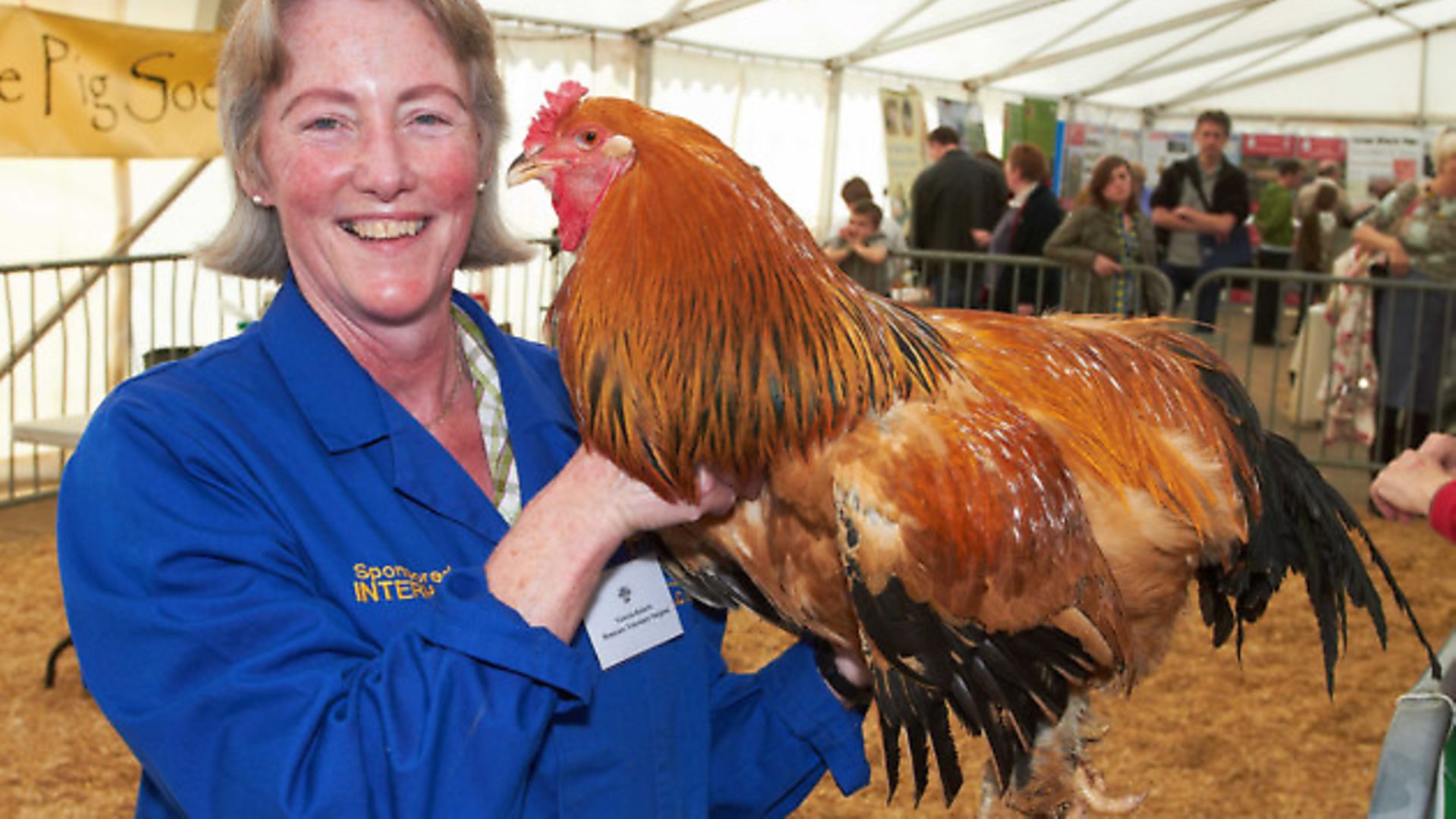There are some real characters in the poultry word, ‘old hands’ who have been keeping chickens for decades and are well known at shows

In my very early teenage years, I used to worry my parents because of spending all my spare time with a nucleus of experienced poultry-keepers from whom I was keen to glean as much knowledge as I could. At the time, these men (and they were almost always male) were the mainstay of the show circuit and poultry breeding, but they were not, of course, the first to develop and/or improve standards as it was, arguably, the Victorians who did that. The likes of Harrison Weir, Lewis Wright, and William Cook were considered to be some of the greatest aficionados of Victorian poultry (Cook, in particular, being famous as the originator of the Orpington breed).

Fortunately, a century or so later, there are nowadays more birds being kept in back gardens as egg producers and ‘pets’ than ever before: one only has to look through the pages of this very magazine to see what pleasures these birds give to their owners – and rightly so.

Last November I visited the National Poultry Show at Stoneleigh Park, Warwickshire …mainly to see whether or not ‘newcomers’ to chicken-keeping were bitten by the show bug, or whether it was still the older, more experienced fanciers who were the biggest enthusiasts and protectors of show standards.

The ‘characters’ were still all there – and I recognised traits and personalities very similar to the old boys of my youth during the 1960s. So too were the other generations (and it was good to see so many comparatively young judges – including Your Chickens writer, chicken genes specialist and Wyandotte breeder par excellence, Grant Brereton) …but, and it is a very big ‘but’, it was obvious that the majority had a lifetime’s experience of chicken-keeping rather than having come into it in recent years.
Readers of this erstwhile magazine are obviously an enthusiastic bunch – and devoted to their chickens! How wonderful it would be if, in a few short years, they were exhibiting home-bred birds at shows such as the National, and not only exhibiting, but winning.
At the beginning of a new year, it’s the perfect opportunity to join a local poultry club or fancier’s society and find out what showing opportunities their annual events have to offer. Look online and see which county agricultural shows hold poultry classes – and which, if any, are ‘qualifiers’ for any of the top, most prestigious shows such as the National. The Poultry Club of Great Britain has a wonderful website and, amongst its many fascinating pages, can be found all you need to know about shows and showing.
For real hands-on advice, you can do no better than approach existing fanciers of your chosen breed. Unlike the exhibitors of some livestock types, whether they are young or old, I’ve never met a chicken breeder who is not prepared to help a newcomer – even if, as is a very real possibility, the tyro might eventually take the first prize or championship cup from under their very nose! As an extremely well-known octogenarian competitor remarked to me: “I’ve had my time and the future of chickens lies in the up-coming generations. I hope they will become like a band of brothers… with any animal or bird, you don’t always get it right first time. I hope they will learn by experience – and from each other.”
Fred Hams
70 years’ experience with poultry
I worry about the status of our pure breeds. If by ‘The Fancy’ we mean exhibition breeding for show, this leads to exaggerating exhibition points, more often to the detriment of the viability of the breed phenotype. In those large versions that have lost touch with their old utility roots, this concentration on inbreeding aimed at show success has led to many strains loosing vigour to a point where it is difficult to breed enough to maintain a worthwhile gene pool. Ideally those breeders with first class stock would breed large numbers, save the very best for breeding, cull the non-viable then distribute as much worthwhile breeding stock as possible.
Early over-use of antibiotics by commercial breeders and later misguided use by hobbyists, fanciers and exhibitors has done much to contribute to an overall lowering of health status of the small scale poultry flock, further contributed to by distribution of stock through markets and, sadly, now the show circuit. While a percentage of birds shown by experienced exhibitors will at least appear in good health, the level of respiratory problems and distress has never been higher, this at a time when the largely hybrid, national commercial bird has never been healthier.
In spite of a vibrant hobby-based press, the know-how and knowledge of the average small-scale keeper has never been poorer, leading exploitation by wheeler-dealers now sadly joined by many who would like to describe themselves as fanciers.
Mike Hatcher
Championship Judge at the National Poultry Show
Having exceeded my three-score years and ten a few years ago, and having been brought up in the pure breed era when utility qualities were as important as exhibition, I do cast my mind back to years ago. Yet, being a realist and not a dreamer, I can still see useful birds in this current era. In the breeds I keep are a number which could be termed useful. To my mind this means birds which produce a reasonable number of eggs and also males which are useful for the table, staying healthy with a minimum of coddling.
Listing my breeds you will see they are what you could describe as dual purpose: Faverolles, Orloffs, Marans, Minorcas and Barnevelders. A title given to the latter many years ago was ‘beauty with utility’. I would say this is still possible in many of our pure breeds if fashion does not take precedence over the original concept of a breed.
With the continuing interest in keeping a few chickens at home to provide you with eggs you can trust, I feel pure breeds will not only satisfy this criteria but, because of their beauty, will provide many hours of enjoyment watching them. As a bonus, if you join a local poultry club, you can share in the camaraderie of like-minded people. There are no barriers in the social strata to who keeps chickens.
Robin Ramus
An accomplished breeder of nearly 50 years
My involvement in poultry keeping has mainly been in the role of ‘fancier’, so I would like to give you my perspective of the show scene.
No doubt the increase in poultry overall is a positive thing. Of those who become involved, we can only hope that some will filter through and become sufficiently interested to want to breed their birds purely and even show a few.
Times have changed, life moves at a much faster pace than it did a few decades ago and many people are after a ‘quick fix’. They want to buy a trio and show them as their own birds. Very few are willing to learn the skills required to become a respected and consistent breeder, which is of detriment to the fancy.
These days, there are very few dedicated and accomplished breeders in each breed club. Breeding for exhibition is an all-year-round discipline, and not something you decide to do ‘last minute’.
Sadly, the real ‘showmanship’ is becoming a thing of the past. When you show a bird, it should be fit, have no dirt under its scales, be washed, pen-trained and free of parasites. I would love to see more serious breeders coming into the hobby, and ultimately, more competition.
Some breeds are still thriving in that respect, and one example would be the White Leghorn Bantams – a breed I used to keep; they are still highly contested and by real showmen.
Victoria Roberts
Leading poultry vet
Chicken keeping has at last become fashionable with famous, infamous and ordinary people getting into the hobby. Whether this is beneficial for the birds is somewhat debatable, however, as there are those getting on the bandwagon who are breeding lots of sub-standard or cross-bred chickens and selling them at inflated prices with not much care for their health or welfare.
The showing scene has increased over the past 40-odd years that I have been involved with it but, as this is for pure breeds only, it remains rather specialist. It helped that there was a group of fanciers who did not agree with the Poultry Club rules and set up their own show, the Federation, in the early 90s. We exhibit for the competition, so another large show gave another opportunity to compare the quality of our pure breed conservation poultry.
My veterinary career has been based around backyard poultry and I am glad that the health of entries to shows has improved markedly. Ignorance has never been a defence for poor husbandry and there is much information in the various media that is based on good welfare, alongside much that is just bad experience, it is not always easy for the newcomer to distinguish between the two!
MORE: Victoria’s website is http://vicvet.com/
Image(s) provided by:
Archant







